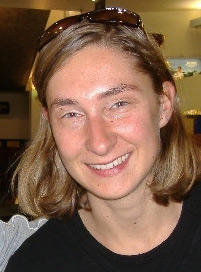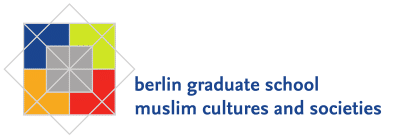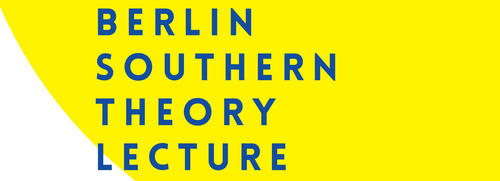
Annett Fleischer, M.A.
E-Mail: annett.fleischer@googlemail.com
Research interests
Transnational migration and legality; Kinship and family; Family formation and fertility; Demography and development; Sub-Saharan Africa, particularly Cameroon and Mali; Europe, particularly Germany
Education
- 10/2004 – present: PhD Student at the Max Planck Institute for Demographic Research, Rostock, Germany and at the Institute of Social and Cultural Anthropology, Free University of Berlin
- 2003: Magister Artium at the Free University of Berlin, Institute of Social and Cultural Anthropology, Thesis on “Bonne a tout faire: The socio-economic situation of housemaids in Ségou, Mali”
- 1997-2003: Study of Social and Cultural Anthropology, Communication, Theatre and Film at the Free University of Berlin
Employment
- 04/2008 – present: Project Coordinator “Demography and Development”, Gesellschaft für Technische Zusammenarbeit (GTZ), Eschborn
- 10/2004-03/2008: PhD Student at the Max Planck Institute for Demographic Research, Rostock
- 03-09/2004: Research scientist at the Institute of Arctic Biology, Center for Alaskan Native Health Research (CANHR) at the University of Alaska, Fairbanks, USA
Publications
- In Press. “Familienbildungsprozess als Möglichkeit der Legalisierung: Zur Situation Kameruner MigrantInnen in Deutschland”. In: Migration und Menschenrechte. Illegalisierte MigrantInnen im Schatten. LIT-Verlag i.p.
- 2008. “Demographie im Fokus der Entwicklungszusammenarbeit. Abschlußbericht und Materialsammlung zum Expertengespräch in der GTZ-Zentrale Eschborn”. GTZ-internes Papier.
- 2008. “Marriage over space and time among male migrants from Cameroon to Germany”, Rostock: MPIDR Working Paper Nr. 2008-006 (forthcoming in the IMISCOE Research Serie).
- 2007. “Family, obligations, and migration: The role of kinship in Cameroon”. Demographic Research. Vol.16(13): 413-440.
- 2007. “Illegalisierung, Legalisierung und Familienbildungsprozesse: Am Beispiel Kameruner MigrantInnen in Deutschland”. MPIDR Working Paper.
Lectures and Conference Presentations
Numerous conference presentations and lectures, e.g. at the European Population Conference, Barcelona (Spain); Institute of Social and Cultural Anthropology, Free University of Berlin; European University Institute, Florence (Italy); Center for Metropolitan Studies (Berlin); Northwestern University, Evanston, Chicago (USA); Max Planck Institute for Social Anthropology (Halle); Association for Cultural Studies Crossroads Conference, Istanbul (Turkey); Max Planck Institute for Demographic Research, Rostock; Deutsche Gesellschaft für Völkerkunde e.V. Jahrestagung (Halle).
Doctoral research
“Marriage and birth over space and time: The case of Cameroonian migrants in Germany”
The dissertation examines the relationship between migration processes and vital events like marriage and birth over transnational boundaries. Restrictive immigration and integration policies in Germany increasingly force African migrants to develop strategies and practices to acquire legal residence and obtain an essential work permit. My account of Cameroonian migrants to Germany contributes to the discussion about the role of the nation state in transnational migration processes. Since national policies in the receiving country determine the right to settle and the risk of expulsion, the German nation state plays a decisive role for African migrants. Combining an ethnographic explorative study with the analysis of statistical data both in Cameroon and in Germany enables me to conceive the individual life course of Cameroonians over transnational borders within its social, cultural, political and economic context. Numerical particulars and their explanatory power can only be understood in the light of ethnographic insights into the lives of the actors and their surrounding circumstances.
The case of Cameroonians in Germany illustrates the limitations of transnational movements and provides an example of the interdependencies between migration processes, marriage, birth and legal framework. The dissertation describes some highly gender-specific patterns by which Cameroonians must move across national borders and to obtain a legal residence permit in Germany. Moreover, different perspectives like those of the state, of migrants and their families and of German partners are necessary to fully explain the complexity of the course of action of the diverse actors involved.
The doctoral research is supervised by Prof. Hansjörg Dilger (Free University Berlin) and Prof. Caroline Bledsoe (Northwestern University, Evanston).


